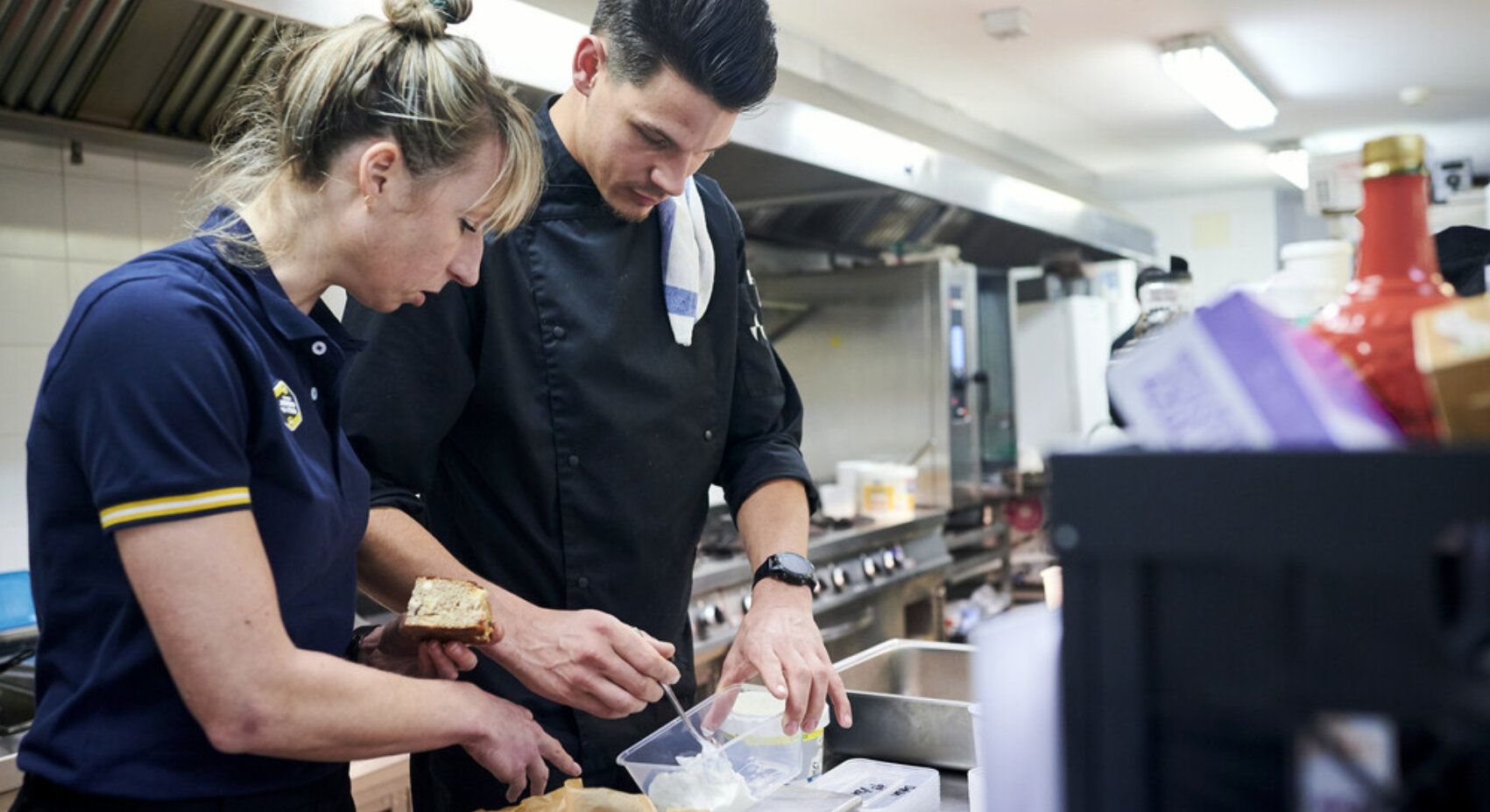Swinkels is amazed by the significant role of nutrition with FoodCoach
The right fuel at the right moments - since Karlijn Swinkels started using FoodC...

Staying at home has its benefits as you have more time to cook during the weekends and prepare some healthy recipes for the week to come. This is known as a concept called ´meal prepping´ and we know all about it! In this weeks´ Food Friday, we will tell you how to prep for the week ahead just like our riders do, from planning your meals all the way to preparing certain dishes. From now on, you will have your meal strategy in place for the busy week to come and avoid unnecessary, unhealthy snack attacks!
Meal prepping is all about thinking ahead and making nutritious choices about food. A chocolate bar or some crisps are, after all, impulse snacks rather than a predetermined plan. It all starts with setting out a meal strategy for the entire week to come, including breakfast, lunch, dinner and snacks. Determine which ingredients you’ll need and buy only those ingredients (most people eat what they have stocked at home).
A busy week ahead with probably limited time to spend in the kitchen? Bring your meal prepping skills to the next level and cook extra on those moments that you do have some time. For example, we cook the recovery meals for our riders (served post-race in the bus) the day ahead as we are busy with serving a fresh breakfast on the day itself. There is simply not enough time in the morning to prepare two meals, measured precisely per gram, per rider. You can keep a meal in your fridge for about two days. It is best to freeze a dish if you have cooked several portions and/or if you want to eat that extra portion later on during the week.
"Think and cook ahead; you eat what you've stocked at home"
That being said, we do prefer fresh meals above all, because prepared food loses vitamins after a while due the effect of heat, light and oxygen. Freezing a meal at -18 degrees Celsius does prevent the loss of vitamins and taste to some extent and will make sure that you can eat your pre-cooked meal up and until three months later. Just keep in mind that the nutritional value of that meal will be less, but still better than, for example, a microwave dish from a supermarket. If you choose to freeze a meal, wait for about half an hour to an hour for the meal to cool down. Moreover, always use clean and properly closing food containers (e.g. from Hema) to limit the chemical reaction with oxygen which can cause a loss of taste.
Convinced about the concept of meal prepping?! How about one of the following dishes to get started:
An absolute no-go is to prepare a single meal and divide it over 6 food containers for the entire week, because it is important to have a varied meal plan. There is a great variety in ingredients to cook and vary with, but just skip those recipes with whey in your meal prepping schedule. A chemical reaction occurs as soon as the amino acids of whey get into contact with oxygen and/or other ingredients causing a terrible smell that’s not particularly inviting to take a bite.
Give meal prepping a try and use those empty weekends to work on your food prepping skills: from setting out a meal plan for the week to come all the way to actually preparing meals and the best way to store meals/snacks for a later (busy) moment.